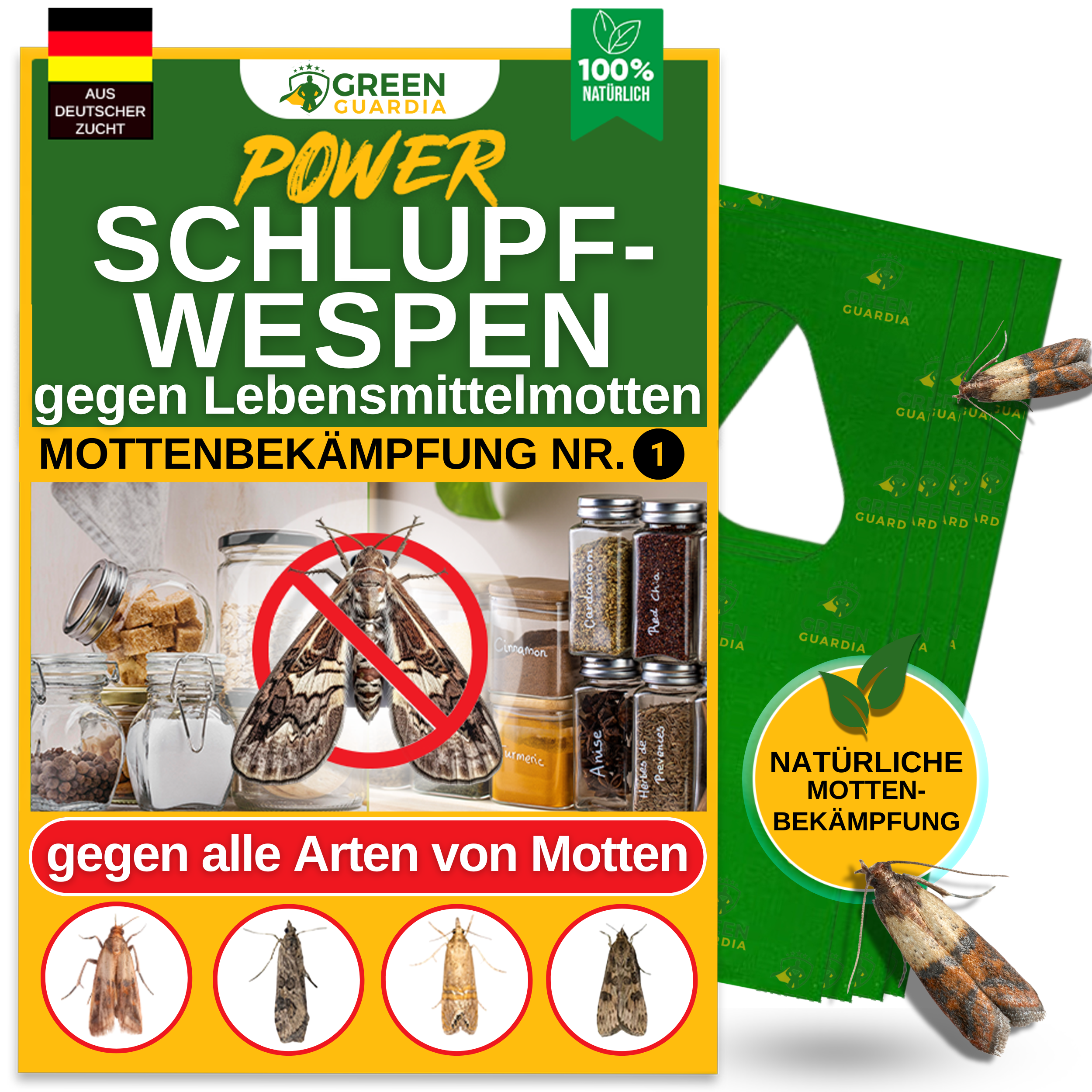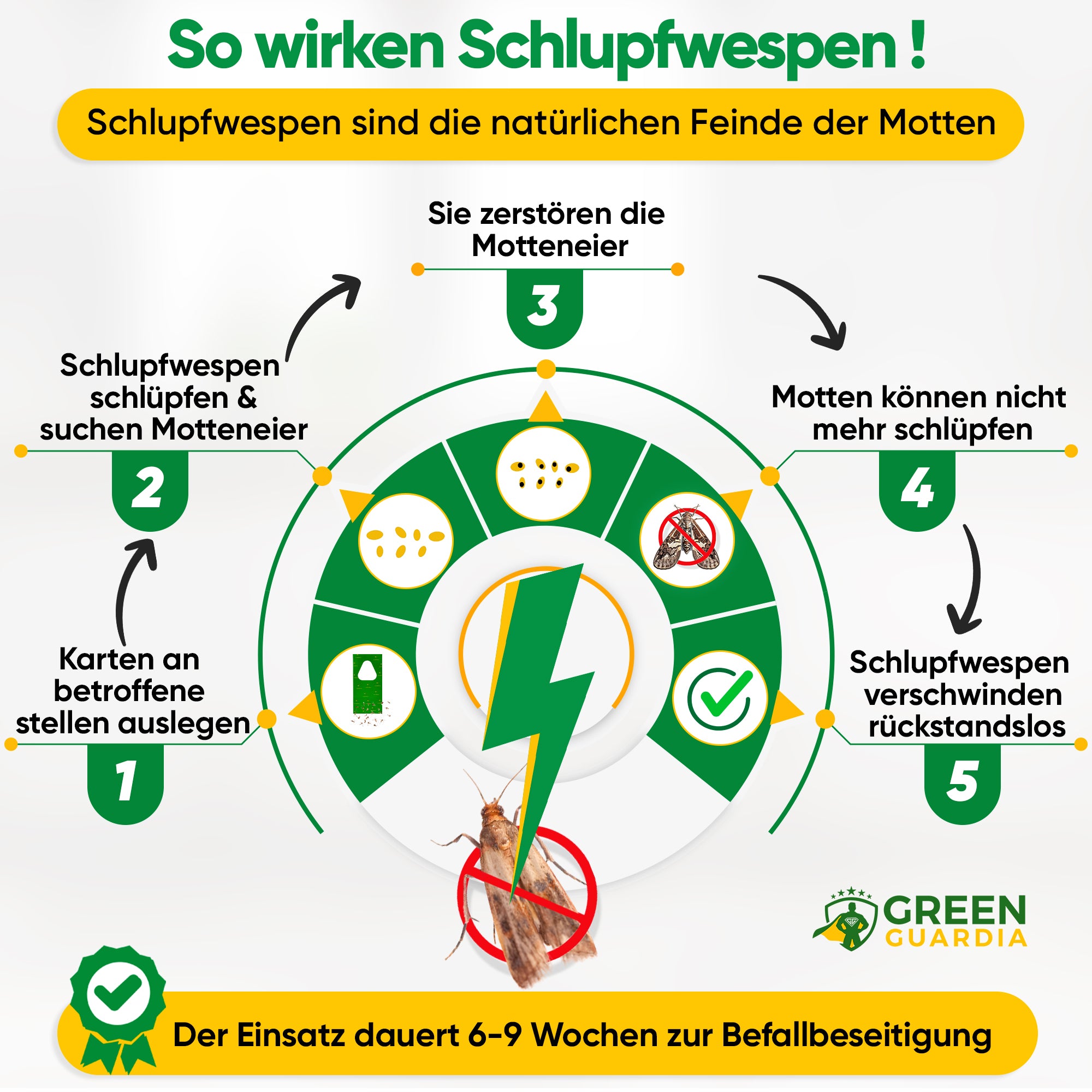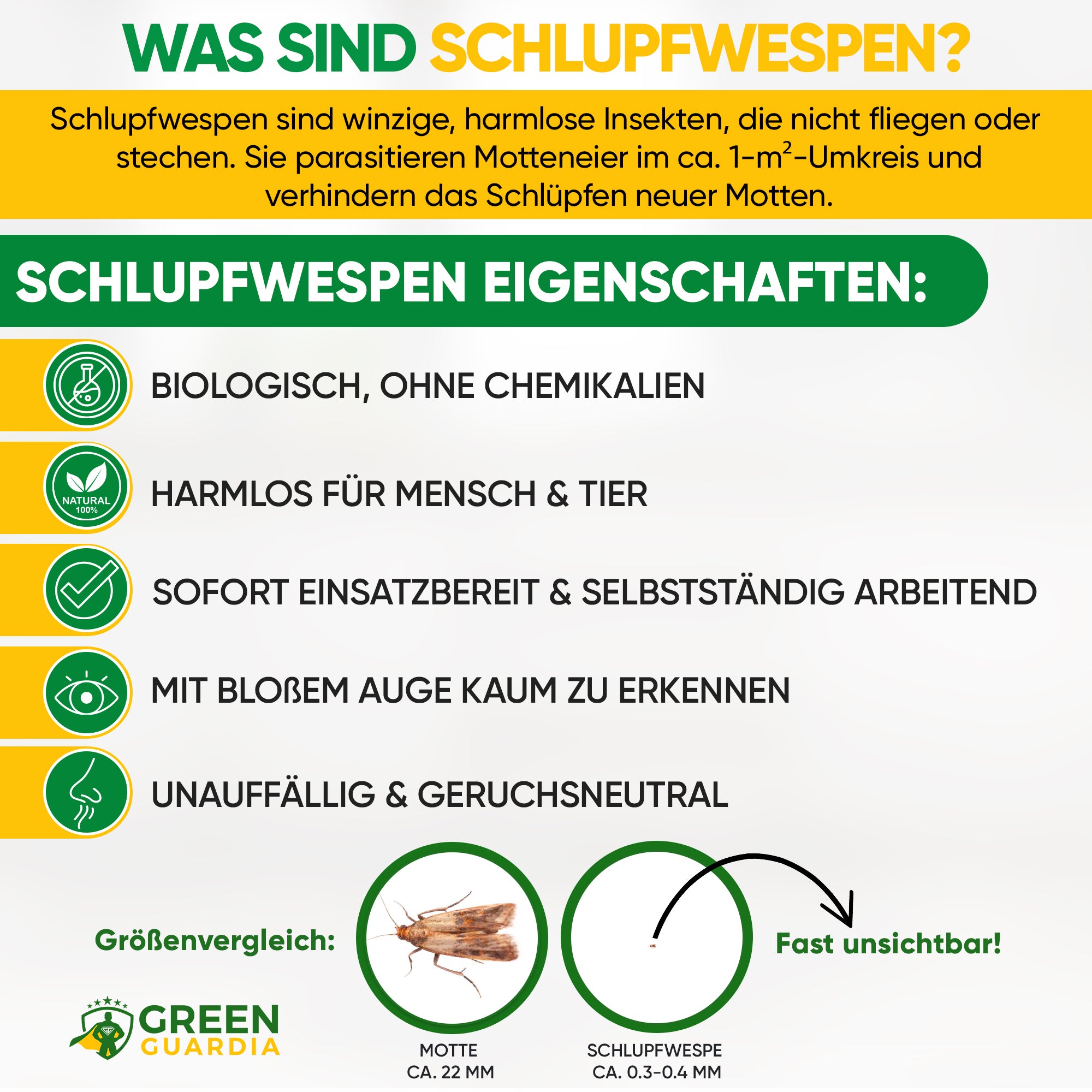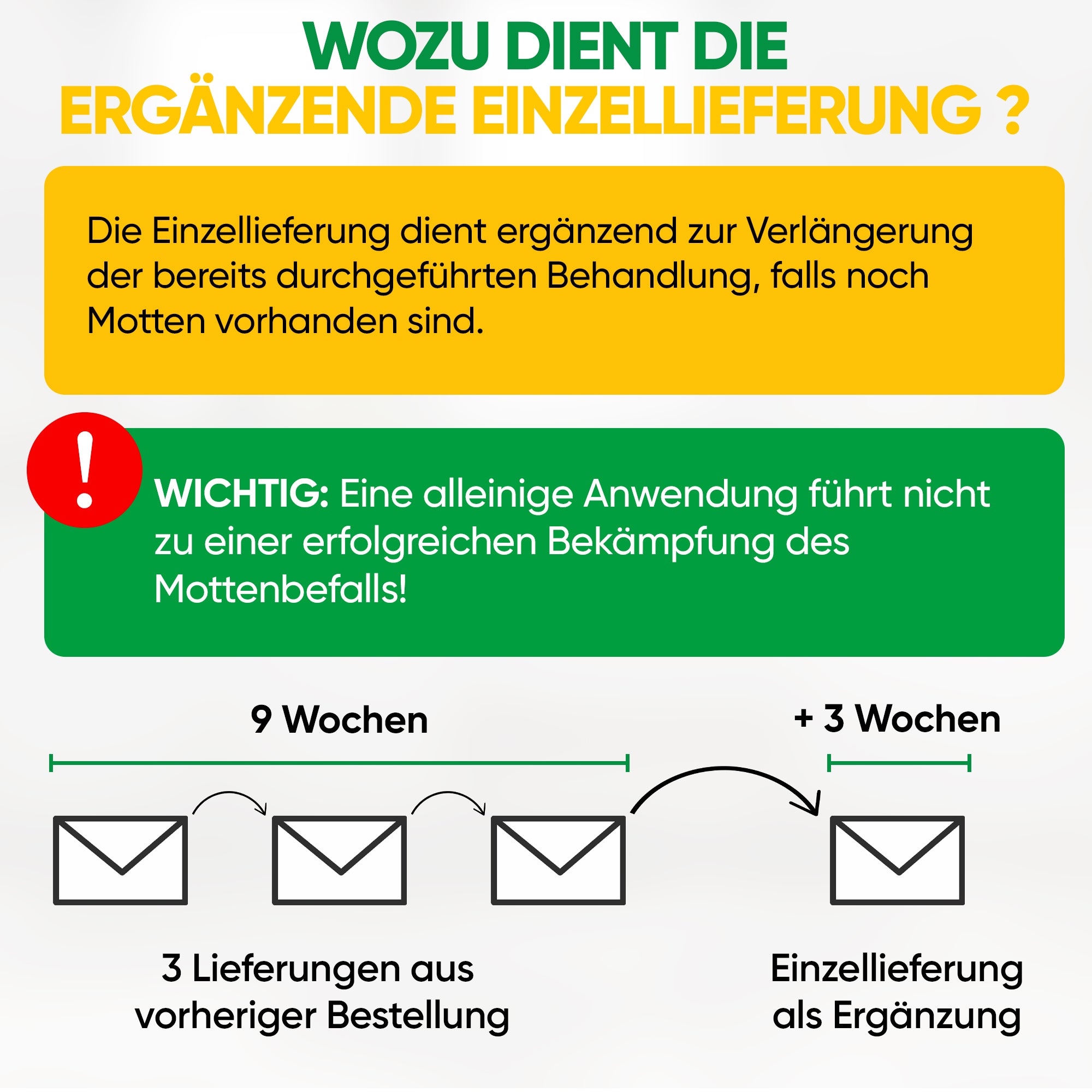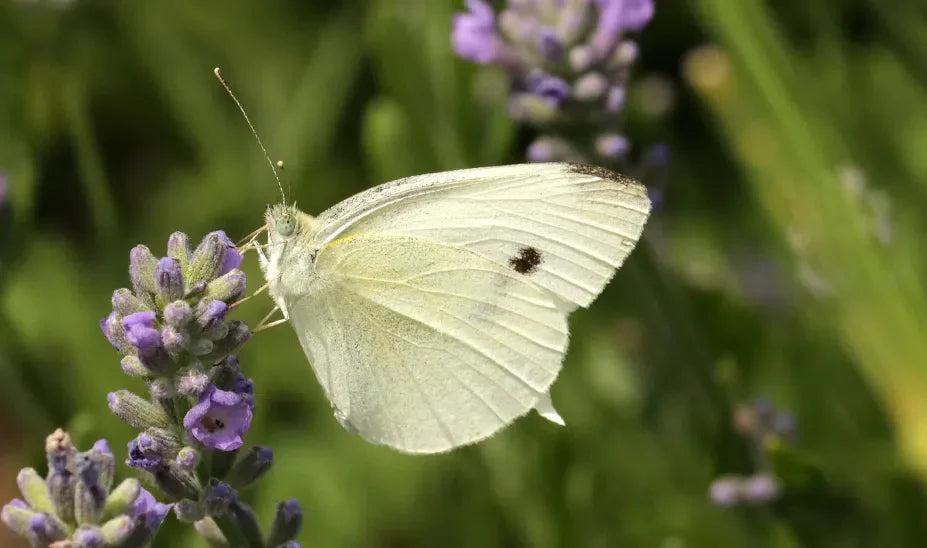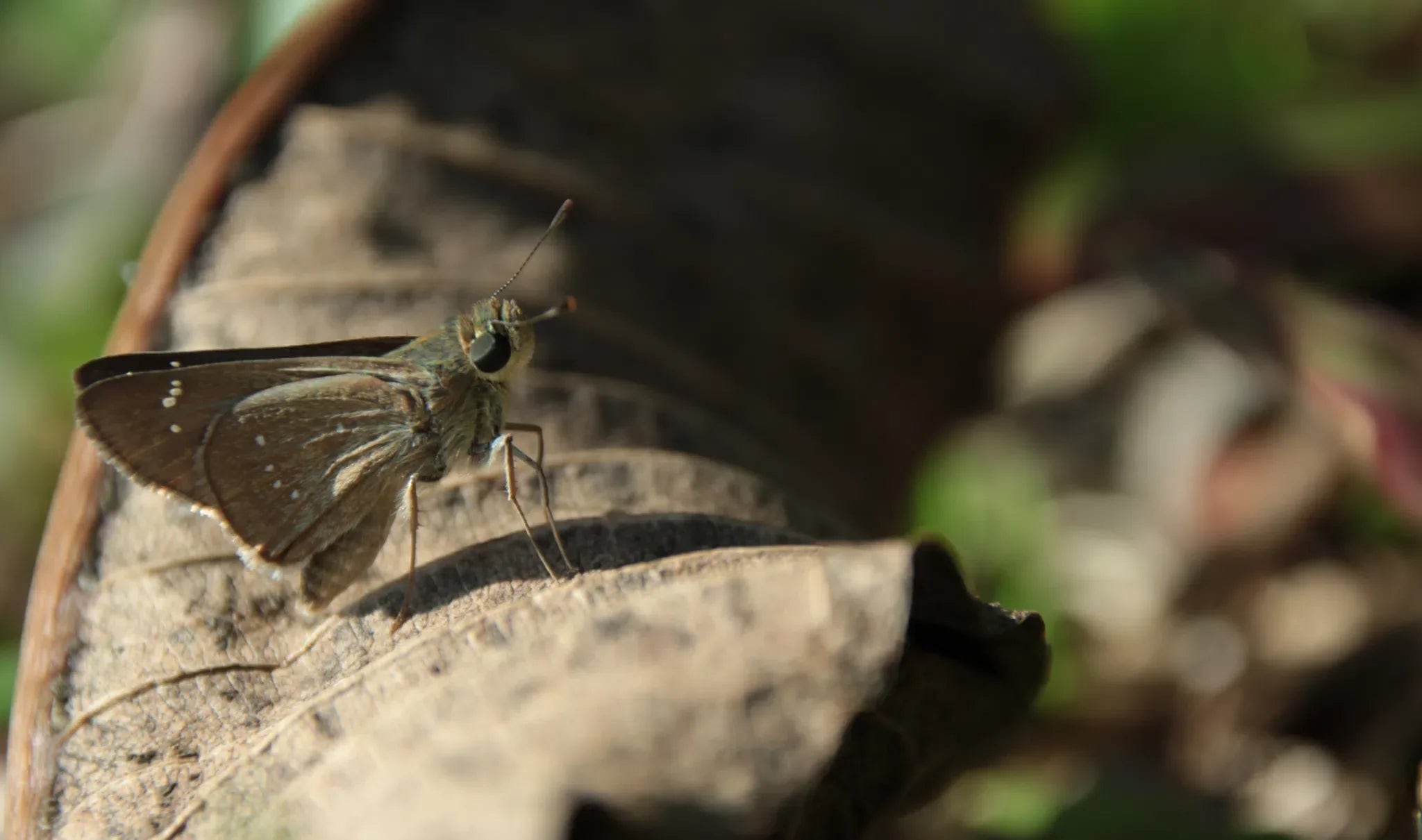Combat cherry fruit flies naturally – How to protect your harvest
Cherry fruit flies are a threat to the cherry harvest. These small pests lay their eggs inside the fruit, rendering the cherries unusable. However, with the right methods, you can protect your cherry trees effectively and in an environmentally friendly way.
In this article, you'll learn how to identify an infestation, use natural control measures, and protect your trees in the long term.
An overview of the pest
The cherry fruit fly (Rhagoletis cerasi) is one of the most dangerous pests in cherry cultivation. Damage occurs when the larvae decompose the fruit flesh, rendering the fruit inedible. Once infested, the cherries are no longer fit for consumption—the economic loss can be significant.
Life cycle of the cherry fruit fly
In spring, the adult flies hatch from pupae in the soil. They lay their eggs under the skin of ripening cherries. A few days later, the larvae hatch and feed through the fruit flesh. After about three weeks, they leave the fruit, pupate in the soil—and the cycle begins again the following year.
How to recognize an infestation
- Small puncture marks on the cherry skin
- Rotting or prematurely fallen cherries
- Larvae inside the fruit
These symptoms clearly indicate an infestation. The sooner you react, the better you can contain the damage.
Natural methods to combat
Ichneumon wasps – little helpers in the garden
Trichogramma evanescens are tiny beneficial insects that parasitize cherry fruit fly eggs, preventing the larvae from hatching. Application is straightforward and completely environmentally friendly—ideal for organic gardening.
- Environmentally friendly and harmless to humans, animals and plants
- Easy application directly on the tree
Yellow boards – attractant traps for adult flies
Yellow traps are sticky traps that attract and trap adult flies. They help reduce the population before they lay eggs. Important: Hang them up early – starting in spring!
Mechanical measures
- Remove and dispose of affected fruit regularly
- Loosen or dig the soil around the trees to disturb pupae
Preventive measures
- Soil cultivation: Dig thoroughly in autumn and spring
- Use early yellow boards: To detect the start of flight and intercept flies
- Release parasitic wasps annually: Especially in spring for sustainable control
Products for natural control
In our range you will find environmentally friendly products for controlling the cherry fruit fly:
- Ichneumon wasps (Trichogramma evanescens): The reliable solution for natural egg control
- Yellow boards: Effective for reducing the adult fly population
These products offer you a sustainable alternative to chemicals – for healthy fruit and an intact environment.
Conclusion
The cherry fruit fly is a serious pest – but nothing to worry about if you take the right measures.
With parasitic wasps, yellow sticky notes, and a little garden care, you can successfully protect your harvest—naturally, sustainably, and effectively.
Start natural pest control today and ensure a healthy, worm-free cherry harvest!


